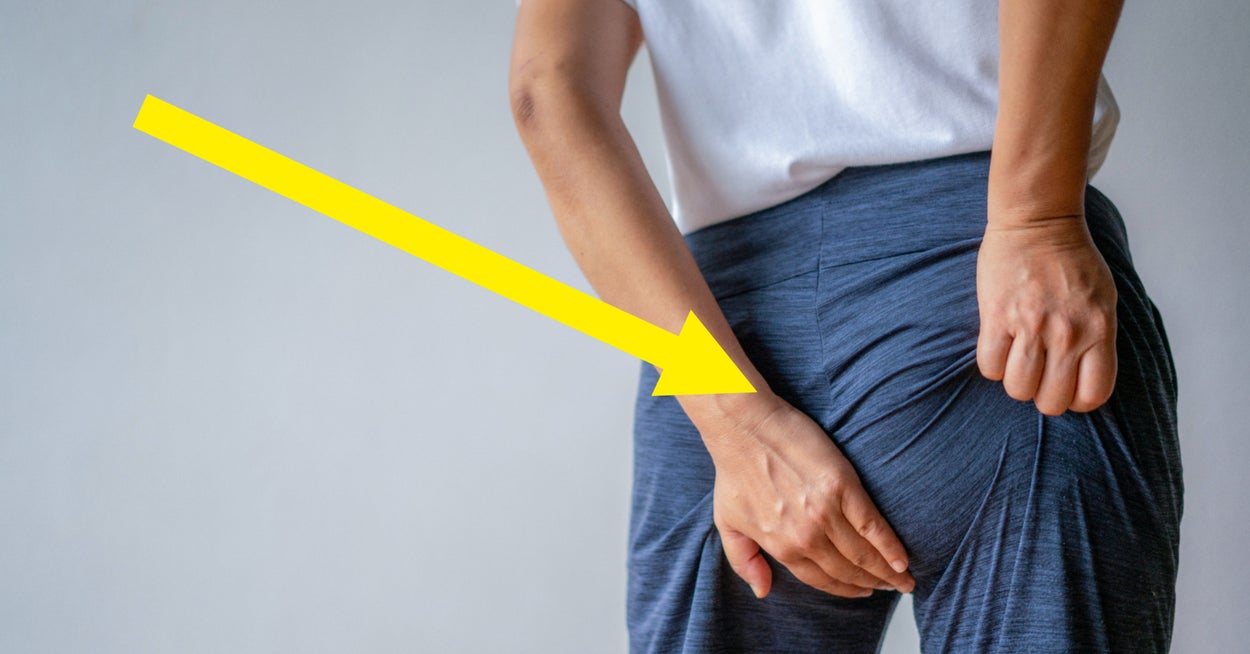The primary source of the condition is inactivity, so if you’re plopped in your desk chair for hours on end each day, chances are you’re increasing your risk.
“Sitting for extended periods of time has been shown in multiple studies to have a major impact on how well we can contract and use our glutes effectively,” Green said.
He noted that when your glutes shut down due to lack of activity and stimulus, it causes strain on other muscles and joints and produces an effect where weaker muscles have to do the job of the stronger gluteus maximus. Left untreated, this can lead to something called “synergistic dominance,” where the smaller helper muscles of the hip and leg are now taking over movement and controlling the forces loaded on the hips, spine and low back.
Muscle tightness in the hips is also a major culprit of dead butt syndrome. If you don’t have proper flexibility, you are “literally squeezing the juice or ‘power’ out of the gluteus maximus because movement is so challenged that the [gluteus maximus] can’t access enough force to engage fully,” Green said. “Remember, the gluteus maximus is the big guy and needs lots of range of motion to activate and do its job the way it was intended to.”
Choosing the wrong exercises or not executing them properly can also contribute to the condition.
“When trying to activate glutes … we often see trainers and fitness buffs repping out exercises that don’t make the gluteus maximus any more responsive than before,” Green said.
He added that when an exercise fails to activate the targeted muscle, those smaller muscles mentioned earlier end up taking over the movement. This makes those smaller muscles become stronger, further robbing the gluteus maximus of the stimulus it’s now starved for.
“For instance, say you’ve been sitting around your office for the last eight hours and now want to hit the gym for some serious deadlifting and squatting,” Green said. “You load up the bar and pound out set after set, trying to squeeze the gluteus maximus for everything its worth, but, instead of sore glutes the next day, you have a tight lower back, tight hamstrings and sore quads.”
Green revealed that injuries and arthritic conditions could also shut down muscle activation as a way to “protect” a joint from further damage by immobilizing the damaged joint or bone.


